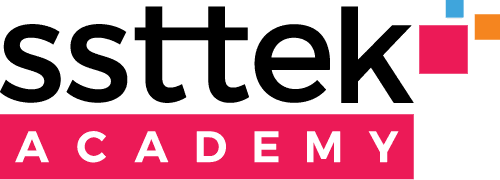If you have any work experience, you have probably heard of the word resume. A resume is a one-page document that should be prepared and regularly updated before applying for a job. It is essential for shaping your career path. But what is a resume exactly? Let’s explore together.
Often confused with a Curriculum Vitae (CV), a resume is a shorter document used in job applications in the USA and Canada, while a CV is more common in Europe and the UK. In today’s digital age, companies often request a resume as the first step in the job application process, instead of meeting with the applicant face to face. The purpose of the resume is to showcase the applicant’s qualifications and potential by providing personal information, details of their education, work experience, and various skills.

How to Write an Effective Resume?
Although the process of writing a resume may seem overwhelming, it is actually quite simple. There are numerous resume and CV examples and templates available online, and in addition, you can refer to our guide below for further assistance. The necessary information that your resume should contain can be listed as follows:
Name and Contact Information: Name-surname, address, and contact information must be included on a resume.
Professional History: Perhaps the most important part of a resume is professional experience. Information such as the company name, job title and duration of employment must be added in reverse chronological order.
Educational History: Schools and departments should be listed in reverse chronological order, with the most recently graduated school at the top.
Skills: Adding both your soft and hard skills to your resume is essential to draw attention to your qualifications. You can list the computer programs that you know and are relevant to your field, with your proficiency levels. Never underestimate the power of soft skills, it is always a good idea to add your strong points like time management of communication skills.
Languages: When creating your resume, you can include any foreign languages you know with your proficiency level. Additionally, if you have taken any language proficiency exams such as IELTS or TOEFL, you can highlight them on your resume with your scores to present a more professional image.
Certifications: You can add the certificates you have received on your resume to highlight relevant qualifications.
References: Add references to your resume before applying for a job. You can choose people you’ve worked with or who are related to your field. Before adding references, obtain permission and provide their name, title, position, and contact info (e-mail and telephone).
Who Needs a Resume?
Many employers require applicants to submit a resume for job opportunities. If you’re looking to apply for new jobs and want a chance to interview, you’ll likely need a resume to present to potential employers. Companies often specify the requirement for a resume in their job postings. If a resume isn’t required, they may ask you to fill out a paper application to understand your career background. Even for jobs that don’t require a resume, providing a typed resume is a good practice to demonstrate your professionalism.


